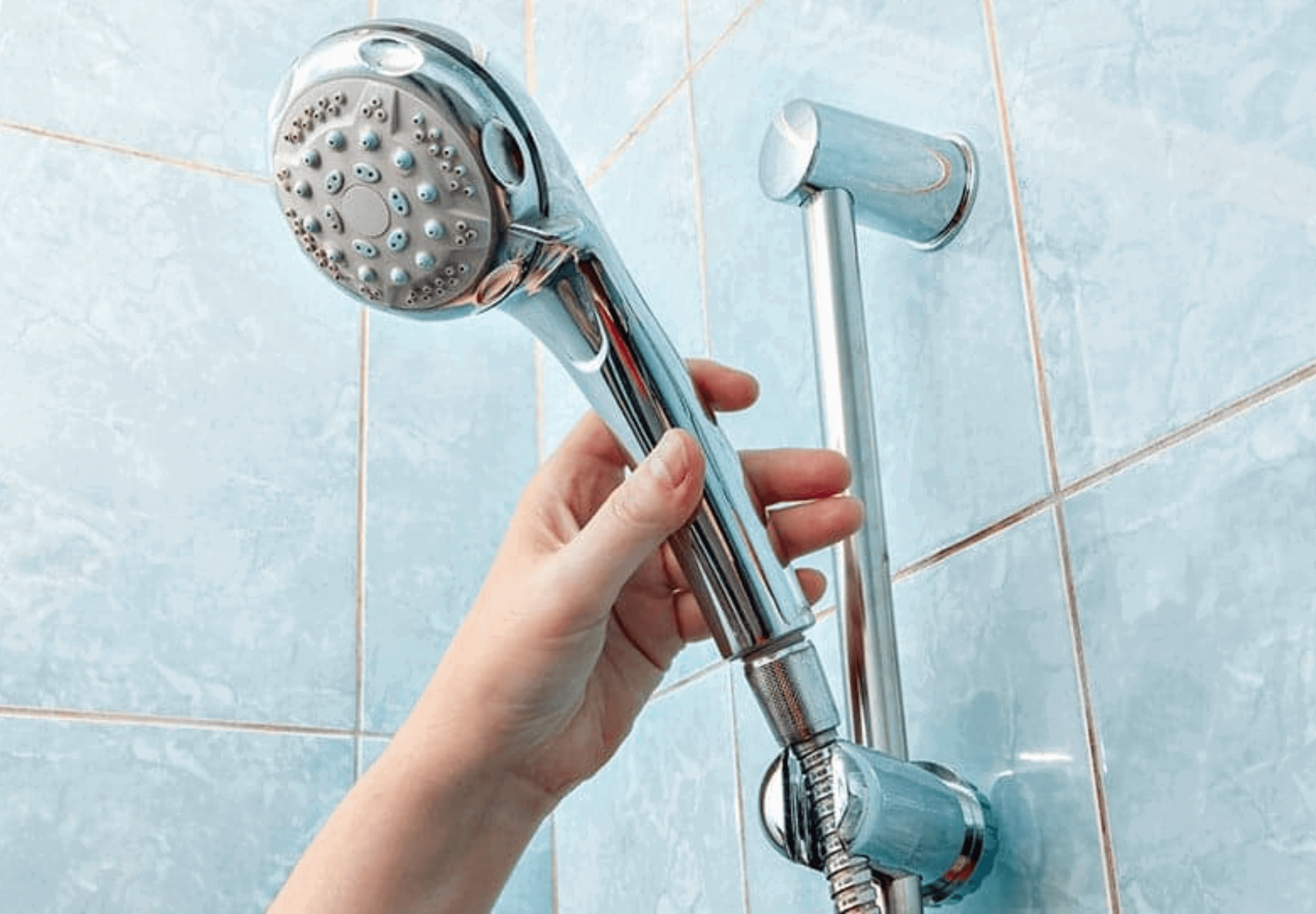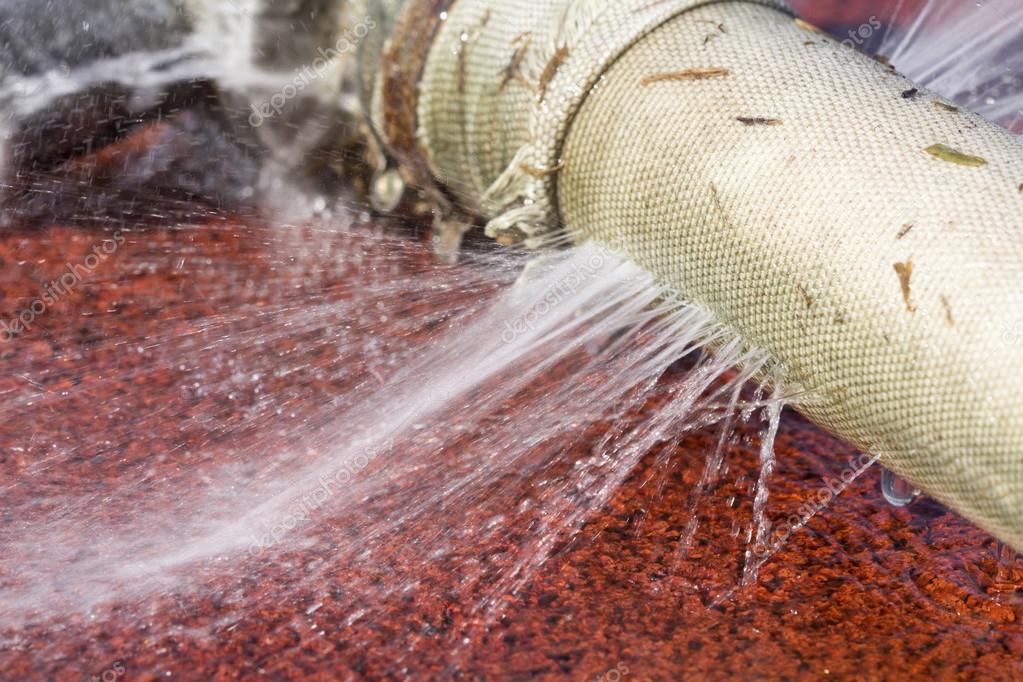5 Common Sources of Water Leaks
5 Common Sources of Water Leaks
Blog Article
They are making a number of good pointers about Where to Find Water Leaks in general in the content underneath.

"Beware of little costs. A small leakage will sink an excellent ship." - Benjamin Franklin.
He couldn't have actually been more ideal because water leakages in our residences lead to a waste of resources, enhancing our water bills. Although this increase could appear minimal in the beginning, it can cause considerable costs that can damage your financial institution. Other than an increase in costs, water leaks additionally cause unwanted natural growth, structural damages, and also even electrical threats.
Identifying if you have a water leak isn't constantly very easy due to being unable to see the majority of the pipework in your house. If you have had a rise in your water expenses recently, noticed water discolorations on wall surfaces and also ceilings, scented poor smell, and so on. You may wish to take into consideration requesting plumbing solutions to get it looked into.
There are a number of sources of water leaks, and we have actually put together the common reasons listed below. Examine to see if you have actually had related concerns in your home just recently.
Obstructed drains
Food bits, dust, and also grease can cause clogged drains pipes and also obstruct the passage of water in and out of your sink. Raised pressure within the seamless gutters can cause an overflow and end up breaking or bursting pipelines if undealt with. To prevent blocked drains pipes in your home, we advise you to prevent pouring bits away and regular cleaning of sinks.
High water stress
You observed your home water stress is higher than typical however then, why should you care? It's out of your control.
It would certainly be best if you cared because your typical water stress ought to be 60 Psi (per square inch) and also although your residence's plumbing system is made to hold up against 80 Psi. A rise in water pressure can put a stress on your house pipes and lead to fractures, or worse, burst pipelines. If you ever notice that your residence water stress is more than usual, get in touch with an expert concerning regulating it.
Corrosion
As your pipework gets older, it obtains weak as well as much more prone to rust after the frequent passage of water with them, which can gnaw at pipes as well as trigger splits. A noticeable indication of corrosion in your house plumbing system is discoloration and although this might be tough to spot because of many pipelines hidden away. We suggest doing a frequent check-up every couple of years and alter pipelines once they are old to ensure a sound plumbing system
Compromised pipeline joints
Pipeline joints are the parts of our plumbing system where the pipes connect. It is essential to note that also though pipelines are developed to hold up against stress and also last for a while, they weren't developed to last for life; for that reason, they would deteriorate over time. A common indication of harmed pipe joints is too much sound from taps.
Broken seals
One more source of water leakages in homes is broken seals of residence devices that make use of water, e.g., a dishwasher. When such devices are mounted, seals are set up around water connectors for very easy flow of water through the device. A busted seal can create leak of water when in use.
With little or no expertise of plumbing, understanding your home's plumbing system sufficient to take care of a few of these problems (without consequence) can be a hassle. Get in touch with plumbing experts in Pittsburgh, Providence, Rochester, and also environ today, and they'll make those issues vanish.
He couldn't have actually been much more right because water leakages in our houses result in a waste of resources, enhancing our water expenses. If you have had a rise in your water costs recently, saw water stains on ceilings and also walls, scented poor smell, etc. A rise in water pressure can put a pressure on your house pipelines as well as lead to cracks, or worse, ruptured pipes. An additional reason of water leaks in houses is damaged seals of house devices that utilize water, e.g., a dishwashing machine. When such appliances are installed, seals are mounted around water connectors for simple passage of water through the maker.
5 TIPS IN DETECTING A WATER LEAK IN YOUR HOUSE
Water leaks can be hard to find in your home, yet they can be so common. We rely on water every day in our home, which is why a leak can cause big problems. By detecting them early, you can save money and further damage, getting the problem fixed as soon as possible. Here are 5 tips to help you detect a water leak in your home, so you can contact a plumber straight away and get the issue sorted.
Check your water meter
Many people underestimate the value of the water meter in their home. It can be one of the best ways to tell if you have a leak early on, so you can get on top of it before issues start arising. Start by turning off all the water in your home: taps, washing machine, dishwasher, etc. Now take a look at the meter – if it’s still changing with everything turned off, it’s likely you have a fast-flowing leak that you need to get on top of straight away. If nothing changes, then leave your meter for an hour or two and come back to it. Did it change in this time? It’s likely you have a slower leak, which isn’t as urgent but still handy to get fixed so it doesn’t become a bigger problem.
Keep an eye on your bill
Another good way to detect a leak in your home is by keeping an eye on your water bill. It helps if you have a past bill from the same period of time. You can compare like for like and determine whether your water usage has increased significantly. If it has, there may be a leak in your system that you haven’t picked up before. A professional plumber can check through all of your pipes and determine where it is coming from.
Look for damage
If you have a leak inside your home, you will notice damage over time. Take a look at your showers and bathtubs and note whether any of the tiles surrounding the area seem to be discoloured or damaged in any way. There may be water stains, mould or peeling material that has resulted from a build up of moisture over time. Make sure you take a look under sinks at the back of cupboards that don’t get accessed regularly. This is where damage can go unnoticed and build up over periods of time.

As a serious person who reads on How to Find and Prevent Water Leaks in Your Home, I thought sharing that excerpt was smart. Do you know someone else who is curious about the topic? Please feel free to promote it. Thanks a lot for your time. Come back soon.
Book Today Report this page